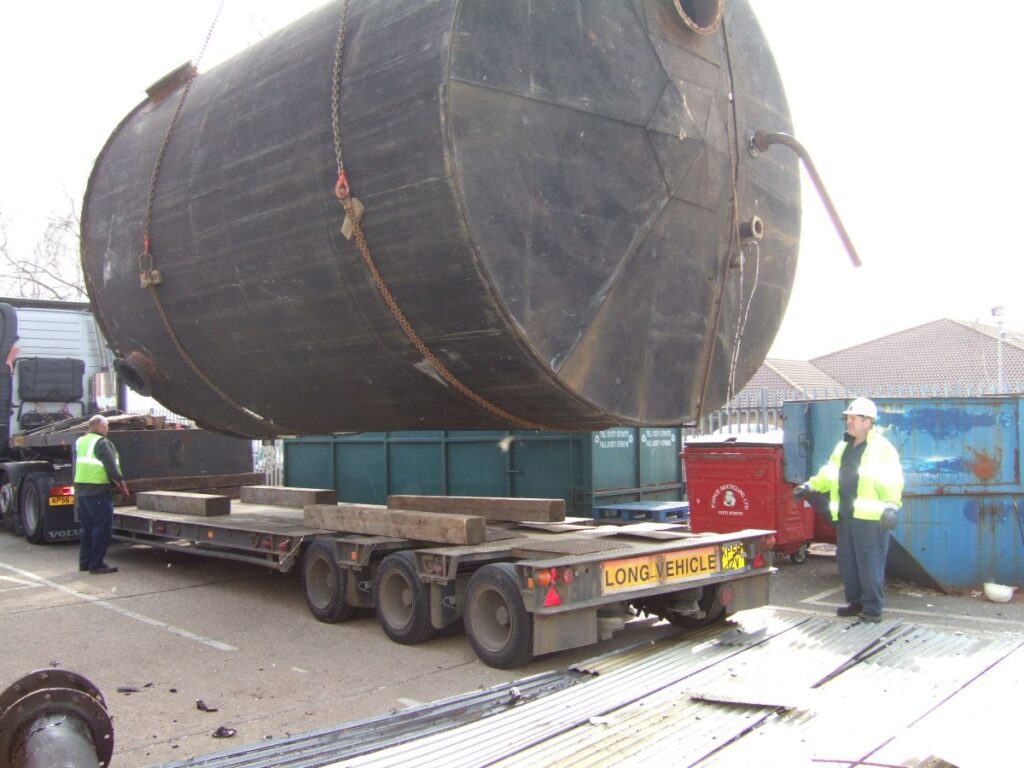When homeowners get estimates for oil tank removal, they should know that the cost will vary depending on location. They also need to know about other associated charges. Crews drill holes into the side of the tank and remove the rust, water, and bacteria that accumulate over time into thick sludge. They then transfer this sludge into buckets that are transported to a drum for disposal.
Safety
When buried underground oil tanks leak, they can cause soil contamination. When this happens, it’s essential to report it to the authorities and take steps to remediate the area. A professional oil tank removal Westchester County NY services can help you do this. This is important for avoiding potential problems with selling your property in the future. Experts who regularly remove underground tanks know how to work safely with them. They also have the right equipment to get to your tank. This means that they may cause less damage to your landscaped area than you would if you removed the tank yourself. Many companies also offer soil remediation after removing your underground oil tank. This can help you restore your lawn more quickly and effectively. This is an important service that can significantly increase the value of your home. It can even make it easier to sell your home in the future. This is because prospective buyers will be more likely to recommend your property if it has been professionally removed from an old oil tank.
Time
The process is quick and easy, depending on where the tank is located. Underground tanks are more difficult to remove than above-ground ones, and the cost will reflect this. Many towns require permits for oil tank removal, so homeowners should be aware of this before beginning the project. These permits are inexpensive and can be obtained from a town permit office or fire department. Once the crew has removed the tank, they must take soil samples for contamination testing. This will require them to dig a hole around the tank. Homeowners should help the crew by removing bushes, trees, and yard decorations near the tank to prevent them from getting harmed by equipment during this process. When the project is complete, homeowners will receive a closure report to give to any potential future property buyers. This will show that the old oil tank has been safely removed and has no lingering environmental issues.
Money
Before gas lines were widely installed, homeowners often used oil tanks to heat their properties. These tanks were buried underground to minimize their unsightliness and the risk of theft or vandalism. However, a planted tank is more than just an eyesore: It poses an environmental and health hazard and is a source of contamination for the soil around it. This is why it’s essential to have an old oil tank professionally removed before trying to sell your property. When choosing an oil tank removal company, get quotes from several companies and compare prices. Then, ask each company about the timeline, work required, cleanup process, and any charges or fees that may apply. Also, be sure to ask for references. You can also check with your town’s permit office to see whether a permit is needed for the job.
Reputation
Commercial oil tanks are often buried underground, which is an effective way to keep them out of sight, but it also means that whenever severe maintenance needs to take place, crews will need to tear up grass and cement. This can add to the overall cost of the oil tank removal service. A reputable oil tank removal company will know the best ways to get rid of your old underground oil tanks without doing too much damage to the surrounding landscaping. This could mean that they will be able to do the job with less disruption, saving you money in the long run. Some companies even offer soil remediation after tank removal so that any contamination can be removed. This is important because many homeowners have discovered soil contamination around their buried oil tanks that they thought were properly decommissioned by the municipality. This can be a problem when trying to sell the property. Moreover, it can also cause insurance problems in the future.



